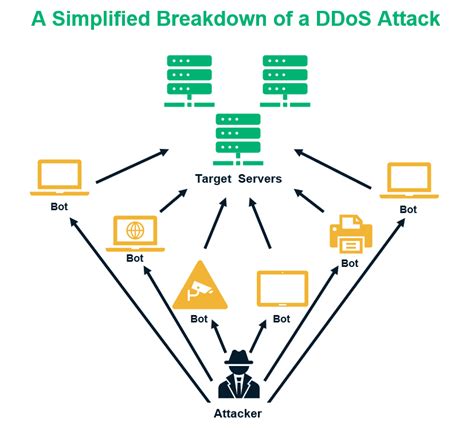The Do's and Don'ts of a Threat Charge Case
Facing a threat charge can be a daunting experience, fraught with legal complexities and potentially severe consequences. Understanding the nuances of the law and navigating the legal process effectively are crucial to protecting your rights and achieving the best possible outcome. This guide outlines the crucial do's and don'ts when dealing with a threat charge case.
What Constitutes a Threat?
Before diving into the legal strategy, it's essential to understand what constitutes a criminal threat. A threat is generally defined as a statement or action that conveys a credible intention to inflict harm on another person or their property. This harm doesn't necessarily need to be physical; it could encompass emotional distress, economic damage, or reputational harm. The key element is the credibility of the threat – whether a reasonable person would interpret the statement as a serious intention to carry it out.
H2: Do's of a Threat Charge Case
- Do Remain Silent: This is perhaps the most critical "do." Anything you say to law enforcement, even informally, can be used against you. Exercise your right to remain silent and insist on speaking to an attorney before answering any questions.
- Do Obtain Legal Representation Immediately: A skilled criminal defense lawyer specializing in threat charges can provide invaluable guidance, protect your rights, and build a strong defense strategy. They can explain the charges, investigate the facts, and negotiate with the prosecution.
- Do Cooperate with Your Attorney: Provide your attorney with all relevant information, including details of the incident, witnesses, and any evidence you possess. Honesty and open communication are essential for effective legal representation.
- Do Gather Evidence: If you have any evidence that supports your defense (e.g., witness statements, text messages, emails, recordings), collect and preserve it carefully. Do not tamper with or destroy any potential evidence.
- Do Keep Detailed Records: Maintain a detailed record of all communications with law enforcement, your attorney, and any relevant parties. This record will be invaluable throughout the legal process.
- Do Understand the Charges: Familiarize yourself with the specific charges against you, the potential penalties, and the elements the prosecution needs to prove to secure a conviction. Your attorney can explain this in detail.
H2: Don'ts of a Threat Charge Case
- Don't Talk to Anyone About the Case (Except Your Attorney): Avoid discussing the details of the case with friends, family, or even acquaintances. These conversations can be misinterpreted and used against you.
- Don't Contact the Alleged Victim: Any contact, even seemingly innocent, can be viewed negatively and construed as harassment or intimidation, further jeopardizing your case.
- Don't Post About the Case on Social Media: Social media posts can be used as evidence against you, so avoid posting anything related to the case or your feelings about it.
- Don't Destroy Evidence: Destroying evidence is a serious offense that can severely harm your case and result in additional charges.
- Don't Lie to Law Enforcement or Your Attorney: Honesty is crucial throughout the legal process. Lying can seriously damage your credibility and undermine your defense.
- Don't Try to Handle the Case Alone: Threat charges are complex, and attempting to handle them without legal representation is highly discouraged. A qualified attorney can protect your rights and ensure you receive a fair trial.
H2: What are the potential penalties for a threat charge?
The penalties for a threat charge vary widely depending on several factors, including the severity of the threat, the jurisdiction, the defendant's prior record, and the specific circumstances of the case. Penalties can range from fines and probation to significant jail time. In some cases, particularly those involving serious threats or specific vulnerable victims, the penalties can be quite harsh. It's crucial to consult with a legal professional to understand the potential penalties in your specific situation.
H2: Can I get a restraining order in a threat case?
Yes, a restraining order (also known as a protection order) can be issued in a threat case, particularly if there's a credible threat of violence or harassment. A restraining order legally restricts the defendant's contact with the alleged victim. The specifics of the restraining order will vary depending on the court's decision and the circumstances of the case.
H2: What if the threat was made in jest or wasn't meant seriously?
Even if a threat was intended as a joke or wasn't meant to be taken seriously, it can still lead to criminal charges if a reasonable person would interpret the statement as a credible threat. The intent of the person making the threat is a factor, but the impact on the recipient is also crucial. A strong defense will often focus on demonstrating the lack of intent to cause harm and the context in which the statement was made. However, it's crucial to have a lawyer present this information to the court effectively.
This information is for educational purposes only and is not intended as legal advice. If you are facing a threat charge, it is crucial to consult with a qualified criminal defense attorney immediately to discuss your options and protect your rights.

